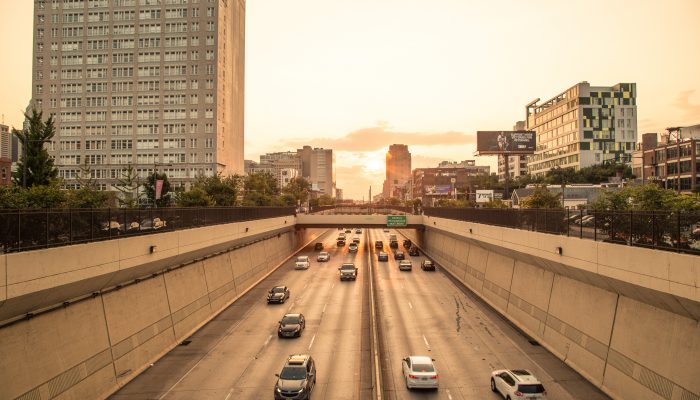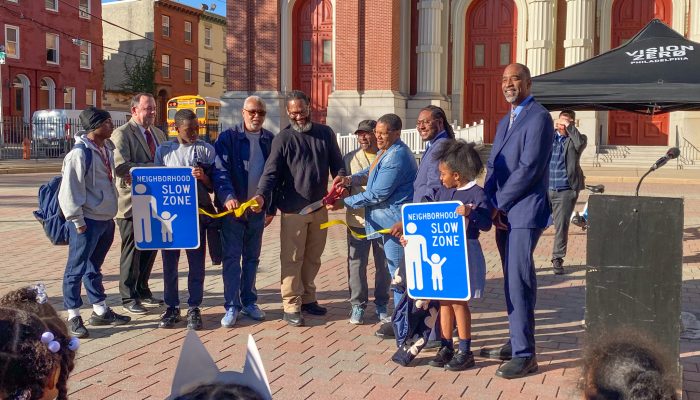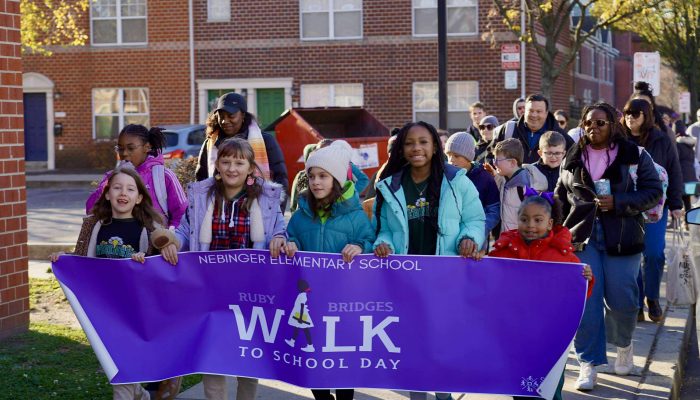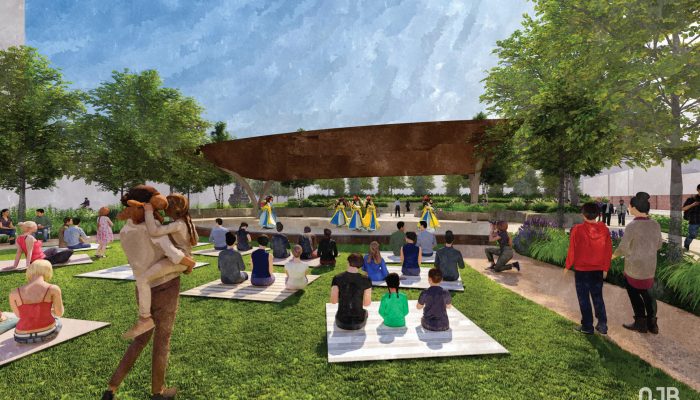As congestion increased in the years leading up to the 2020 COVID-19 pandemic, the City set goals to improve mobility by providing a reliable and efficient transportation system in CONNECT: Philadelphia’s Strategic Transportation Plan. In response to the COVID-19 crisis, rising traffic fatalities, and urgency to improve racial justice, the need for equitable policies to reduce congestion and eliminate traffic-related fatalities is more crucial now than ever.
What’s causing traffic fatalities and congestion in Philadelphia
Congestion in urban areas is often a sign of a healthy economy, jobs, and a dynamic civic life. However, congestion needs to be managed to avoid having a negative effect on a city’s future and quality of life. For example, increased congestion leads to reduced job access in many busy parts of the city.
The Office of Transportation, Infrastructure, and Sustainability (OTIS) has identified new ways to confront some of the leading causes of traffic fatalities and congestion in Philadelphia.
Speeding and reckless driving throughout Philadelphia caused 40% of traffic fatalities between 2015 and 2019 and increased to 42% in 2020. Unsafe driving is exacerbated by the lack of alternatives to driving, which causes more people to choose driving over other options that reduce congestion such as taking transit, biking, and walking.
Congestion and safety problems are also caused by double parking. Curbside space is a limited resource in Philadelphia. In order to avoid increased congestion and ensure the efficient movement of people and goods through the city, new tools are needed to better manage curb space. Parked vehicles, goods deliveries and pickups, rideshare companies, sanitation services, construction equipment, and detours are just a few examples of items competing for curbside space throughout the City, worsening congestion in our streets.
Action Plan
As Philadelphia recovers from the pandemic, streets are becoming heavily congested again as people begin to do more activities in their daily lives. In order to avoid increased congestion as economic prosperity and office commute activities return to Philadelphia, the City is working to implement policies and solutions to address these issues through strategic planning and legislative tasks.
To address speeding and reckless driving, the City is working to:
- Expand camera-assisted traffic enforcement
- Save lives with safe speeds by authorizing local control of speed limits
To strengthen alternatives to driving, the City is working to:
- Effectively regulate rideshare services
- Improve transit options, bicycle infrastructure, and Indego, the City’s bike-share program
- Expand access to commuter benefits program to all large employers
To address inefficient use of space, the City is working to:
- Better manage the use of curb space
- Incentivize sanitation and delivery activities in non-congested hours
Next Steps
In partnership with Councilmember Gym, the Commuter Benefits ordinance (bill # 220337) has already passed! Commuter benefit programs allow people to buy their transit passes pre-taxed through their employer. Together with SEPTA’s Key Advantage program, the commuter benefits ordinance will make using mass transit more affordable and attractive. This will help lessen the number of people waiting in congested traffic.
The Administration will continue to work with City Council and the General Assembly on the passage of the other legislative proposals outlined in the plan to reduce congestion and traffic-related fatalities. In addition, the Administration is addressing traffic safety and congestion through the implementation of the Philadelphia Transit Plan, the Vision Zero Action Plan 2025, StreetSmartPHL, and the Transportation Data Roadmap.




